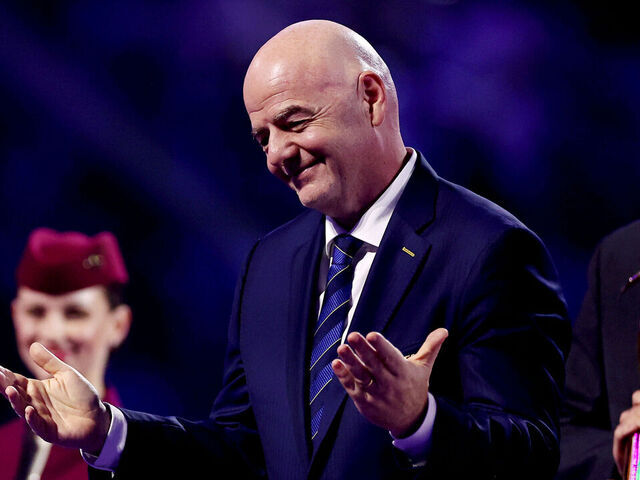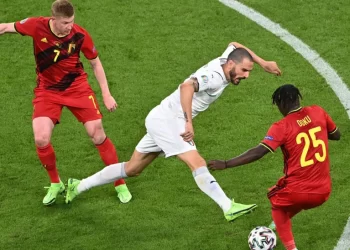
In a significant departure from longstanding tradition, FIFA has initiated a review of its policy prohibiting domestic league matches from being played in foreign countries. This move could potentially see matches from esteemed leagues like La Liga and the English Premier League (EPL) being hosted in countries outside their traditional territories.
The proposal has garnered mixed reactions, with concerns raised by fans regarding the displacement of home matches, often spanning thousands of miles. Notably, former England and Barcelona striker, Gary Lineker, vehemently opposed the plan, expressing his disapproval on social media.
Potential host nations such as the United States and Saudi Arabia have emerged, eager to attract competitive matches from Europe's top leagues. FIFA's decision to withdraw from an ongoing legal battle in New York, initiated by promoter Relevent challenging the restriction on organizing competitive league games, underscores the momentum behind this policy shift.
Following a council meeting in Bangkok, FIFA President Gianni Infantino announced the establishment of a working group tasked with reviewing the regulations governing "out-of-territory" matches. While previous allowances permitted friendly matches such as the domestic Super Cup to be played abroad, the proposed changes could expand these opportunities for competitive league fixtures.
The revised policy is poised to appeal to the growing cohort of international investors in European clubs, including those from the United States, as well as state-backed entities like Manchester City, Paris Saint-Germain, and Newcastle United.
Premier League CEO Richard Masters clarified that while overseas matches were not currently part of their plans, FIFA's directive prompts a reevaluation of the league's stance.
The composition of the FIFA panel, comprising 10-15 representatives from various soccer stakeholders, will advise on potential amendments to the existing regulations, last updated in 2014. Key considerations include ensuring fairness, providing advance notice to affected fans, and minimizing disruption to teams, leagues, and fans in host countries.
FIFA's move comes amid heightened scrutiny, particularly from vocal fan groups in England and Germany, known for their activism. Their resistance to initiatives like the proposed Super League in 2021 underscores the significance of addressing fan concerns and maintaining the integrity of domestic competitions.
Notably, Spanish Super Cup matches held in Saudi Arabia are currently subject to a criminal investigation, highlighting the complexities associated with hosting league fixtures in foreign territories.



















